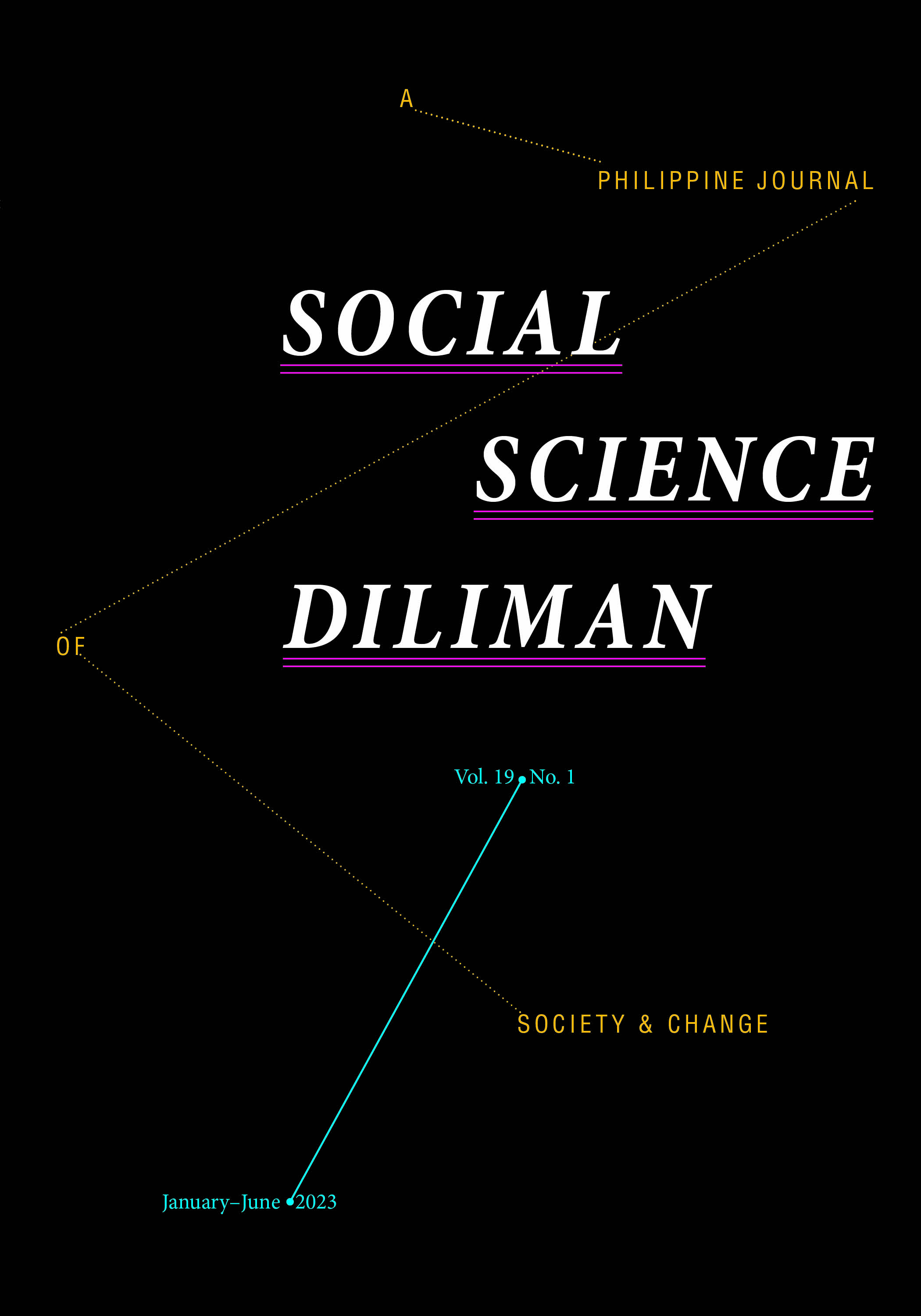"We can do anything we want”: The global expansion, practice, and rationalization of normalized emergency
Abstract
Martial law and state of emergency provisions in most constitutions have the same logic: in an emergency, they suspend the application of law to protect the lawful order. In the Philippines, these provisions can be traced to the 1916 Jones Law and manifested as the application of imperial violence on colonized peoples. After decolonization, this logic has escalated into a global trend of normalized emergency powers, reminding us of Benjamin’s warning that the state of emergency in which we live is the rule.
This essay follows Neocleous’ account of this development which he attributes to the liberal insistence that the law must be made sufficient for emergencies. This is provoked by the “Schmittian challenge”—the claim that emergency powers are the prerogative of the sovereign. But the dynamic of the liberal and Schmittian positions is what drives the process of normalizing emergency. Liberals fear the arbitrary exceptional powers invoked under martial law, so they encode these powers into law to enable an independent judicial oversight. Instead, this has normalized the acceptance and application of martial law and its associated powers. This essay asserts that Rodrigo Duterte’s drug war which is continuously waged by the present Marcos administration is normalized emergency.


